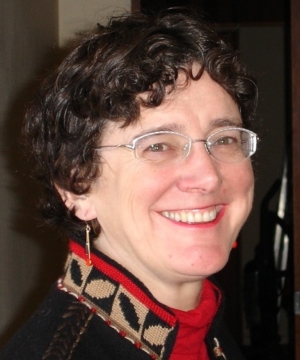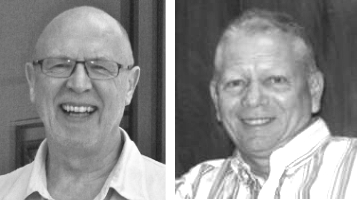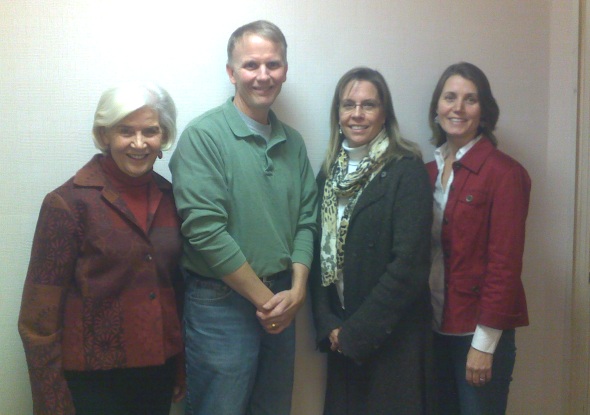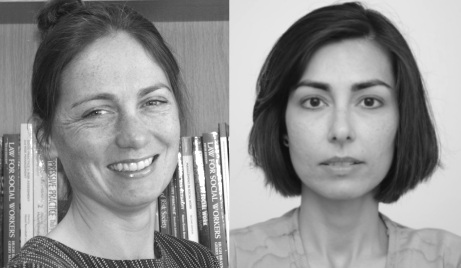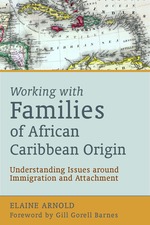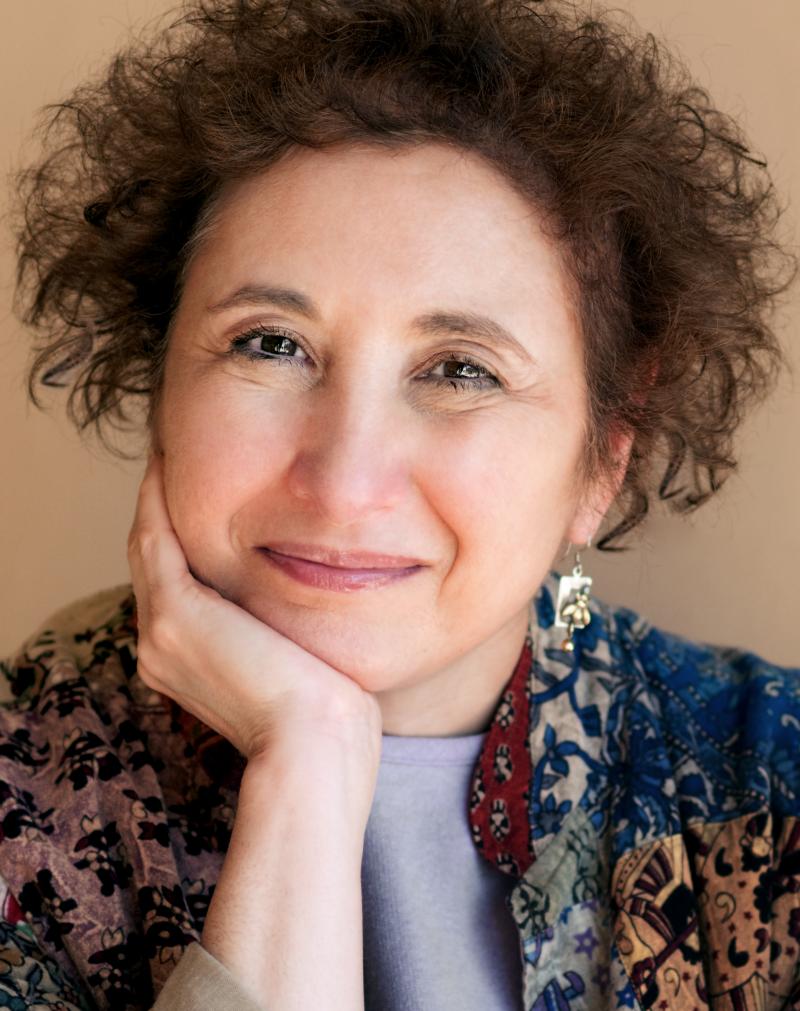Supporting children on their journey through home placement to adulthood – An Interview with Dr. Vera Fahlberg
“It is important that professionals in the field of Child Welfare come to grips with the fact that their job is not to ‘save’ children or families but to help them cope in the best possible way with the realities of their life experiences. In making major life decisions on behalf of clients – such as decisions about moves, reunification, etc. – it is important to realize that there is rarely an absolute right vs. wrong decision. … The goal is to implement the decision in a way that minimizes the negatives and accentuates the positives, and that helps the child continue to successfully meet challenges in his own individual journey through life.”

